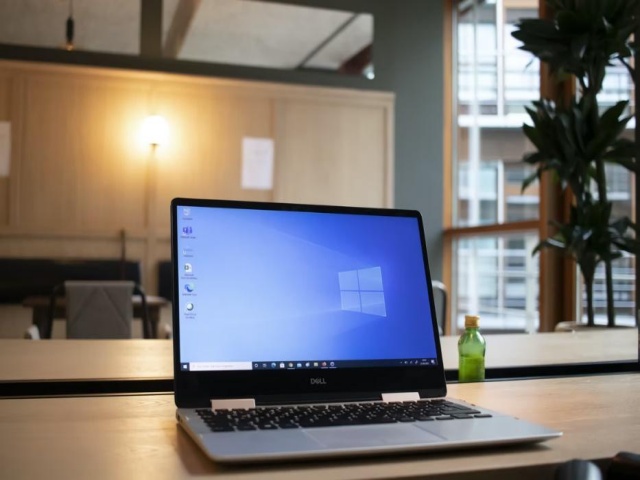It’s alarming how so much of our personal information is vulnerable to theft and misuse. If you are not careful how you use your online accounts and anything you do on the internet, it’s like giving an open invitation to hackers to steal your data. It’s already scary how Google and Facebook track our browsing habits. You could be randomly talking about Cox cable plans with friends and see a Facebook ad about it in the next few hours.
What can an average person do to protect your online privacy? A lot actually, but if you are looking for the basics, here is what you do:
How To Protect Your Online Privacy While Browsing
1: Secure Your Accounts with Strong Passwords
All major corporations have become a victim of data breaches and password leaks in the last decade. If you have an online account, you are susceptible to getting hacked. What can you do in this situation? The answer is simple is to secure your accounts.
One way of doing that is to use a password manager. It’s a great tool to create strong passwords for each account and store them in one place. Some password managers also monitor accounts for security breaches, advise weak password changes, and sync passwords between your computer and phone.
2: Turn Off Two-Factor Authentication
Everyone should turn on two-step authentication for their online accounts. This is an option that most banks and major social media platforms provide. Two-step authentication entails two steps: entering your password and entering a code that only you have access to.
Logging in to Facebook with your username and password, for example, is the first step. In step two, Facebook provides you a temporary code through text message which will serve as an authenticator and you will then have access to your account. This additional layer of protection will keep all intruders out.
3: Check your PC’s Latest Security Updates
Those prompts from your computer or phone to update your security software should not be ignored at any cost.
The applications which we use on a daily basis aren’t compromised by scary bugs that go unnoticed. They are in fact hacked because of problems that everyone knows about and that have been publicly reported, which the company has fixed and patched in their security update. However, if you do not install the security update, you will not benefit from the work of the company’s security engineers.
4: Switch to Browser Version
Security experts suggest deleting some apps from your phone and switching to their browser version. Because of the various sorts of data that apps may access via your phone, they can learn a lot about you. Apps that appear to be safe – such as a flashlight app – may be selling the information they collect from you.
Take the time to wipe away all apps that you don’t really need or use occasionally. You can use your phone’s browser instead of an app for several tasks. Browsers are superior in terms of privacy because they can’t access as much of your data as an app can.
5: Use Encrypted Apps for Instant Messaging
You could be using social media carefully and have all your online accounts secured but what if the instant messaging chat that you are using is snooping on you!
It’s ideal to use an app with end-to-end encryption, such as Signal or WhatsApp if you want the contents of your messages to be secure. That means only you and the recipient will be able to read the message you send.
Another thing, if encryption is important to you, be cautious about storing your chats in the cloud. Your WhatsApp messages are not encrypted if you back them up to iCloud or Google Drive. A backup is nothing more than a database. That database is also simple to access and read if a hacker is able to access your cloud account. Turn off cloud backups and remove existing WhatsApp backups from iCloud or Google Drive to keep your communications safe from prying eyes.
6:Protect Your Computer with an Anti-Virus
Viruses aren’t as common as they used to but they’re still around. Malicious software on your computer can cause all sorts of problems. It’s important to install good antivirus software, especially on Windows PCs, if you’re at risk of opening dangerous links or if you share a computer with someone at home.
If your PC runs Windows 10, download, and install Microsoft’s built-in software, Windows Defender. This tool provides adequate security for most users. It’s also a highly recommended anti-virus tool. Another antivirus to use is Malwarebytes Premium. It nicely integrates with Windows Defender and doesn’t bombard you with dozens of unwanted notifications like most antivirus tools do.
Summing Up
Getting a better grip on your digital privacy and security can be intimidating in this day and age. You don’t have to do everything right away. Take baby steps towards enhancing your online privacy.
Do the bare minimum – strengthening your passwords, enabling two-factor authentication, and keeping an eye out for scammers, and then move towards the next steps.
